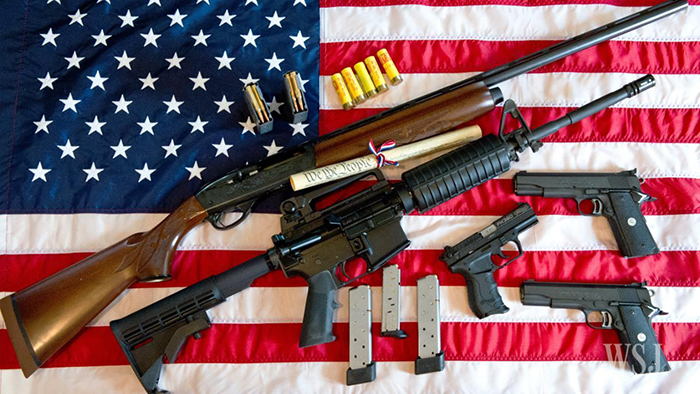 Kerby Anderson
Kerby Anderson
Earlier this week, I talked about gun background checks and provided what I thought were some shocking statistics about the lack of prosecution of potential gun buyers who lied on a government form. Today, I would like to talk about what could be done to improve the system.
But before we get to solutions, I need to explain that whatever laws Congress passes will only be a two percent solution. According to the Department of Justice, less than two percent of all prisoners possessed a firearm purchased from a retail source at the time.
Most people with an evil intent (criminals, terrorists, mass shooters) don’t get their guns at a gun store, because these gun background checks keep them from doing so. That means that many of these recent shootings are the exception.
Politicians routinely say that it is easier to buy a gun than to get a car license. Kevin Williamson says: “If you have not bought a gun from a gun dealer, then you might not appreciate just exactly how law-abiding and how i-dotting and t-crossing you have to be to make the purchase.” He then lists more than a dozen exclusions that would prevent someone from purchasing a gun.
The problem is that some of the process depends on people self-reporting on such issues as illegal drug use. Hunter Biden, for example, almost certainly violated federal law for lying about his drug problem. He was never charged, nor will he ever be charged.
Better reporting is key. The shooter in the Sutherland Springs church attack should have been prevented from buying a gun, but the Air Force neglected to report his criminal history. Yes, we can do more to fix the system, but we need to be realistic that it will only be a two percent solution.
 Listen Online
Listen Online Watch Online
Watch Online Find a Station in Your Area
Find a Station in Your Area









 Listen Now
Listen Now Watch Online
Watch Online
